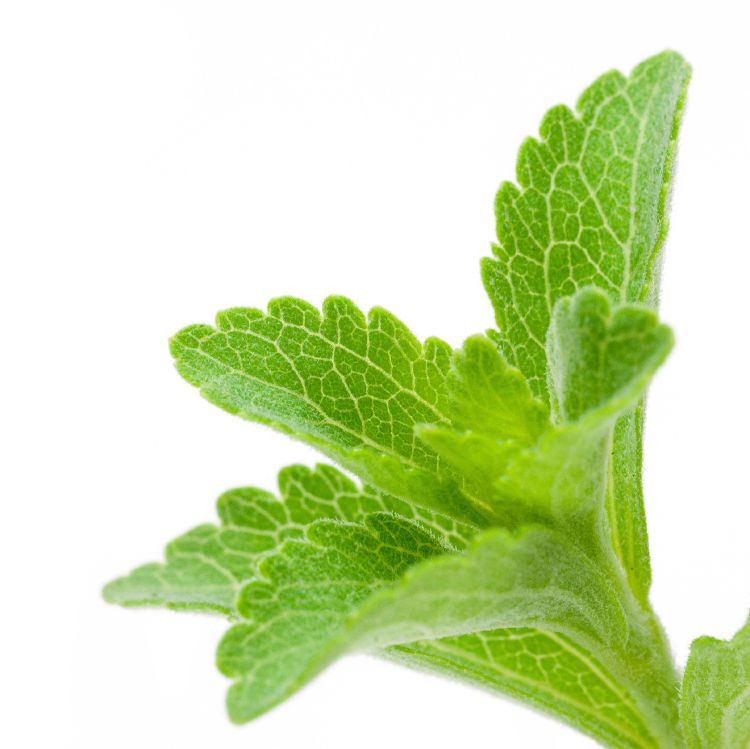Sweegen expands stevia footprint to Mexico
Sweegen announced that its entire Signature Bestevia portfolio is now accessible to brands in Mexico after the country’s safety authority adopted the Codex Alimentarius (Codex) specifications for steviol glycosides produced by different technologies.
Photo © iStockphoto.com/ olm26250

Sweegen (Rancho Santa Margarita, CA) announced that its entire Signature Bestevia portfolio is now accessible to brands in Mexico after the country’s safety authority adopted the Codex Alimentarius (Codex) specifications for steviol glycosides produced by different technologies. This includes Sweegen’s bioconversion method for producing clean and non-GMO steva sweeteners such as Rebaudiosides B, D, E, I, M, and N.
“Mexico’s Codex adoption is a step in the right direction for tackling obesity and diabetes in adults and children stemming from high sugar in products,” said Luca Giannone, senior vice president of global sales for Sweegen, in a press release. “Streamlining the regulatory process for introducing new generation zero-calorie stevia sweeteners contributes to the improvement of overall health and wellness for consumers. We are eager to share with brands in Mexico our expertise and high-quality ingredients for creating great-tasting, better-for-you product innovations.”
Adoption of the rigorous Codex framework provides a streamlined approach for reviewing and approving Sweegen’s clean and sustainable bioconversion process. Before adoption of the Codex framework, Sweegen’s Rebaudiosides M and D were approved in Mexico through the standard regulatory process. With greater sugar reduction tools available to brands, there will be greater innovation and product launches, said Giannone. Sweegen’s LATAM Innovation Studio is located in Mexico City, and serves the entire region.
“The Codex framework sets a good regulatory example on welcoming better ingredients for supporting health and wellness,” said Hadi Omrani, senior director of technical and regulatory affairs. “As more countries follow suit, Sweegen’s global stevia footprint will rapidly expand into more countries, providing brands better options in sugar reduction solutions where they are under government pressure, like Mexico, to produce healthy food and beverages.”
Mexico currently has a beverage sugar tax in place which has discouraged people from buying sodas, resulting in a decline in sales of 7.6%. This, in turn, encourages manufacturers to utilize sugar alternatives such as stevia.

.png&w=3840&q=75)

.png&w=3840&q=75)



.png&w=3840&q=75)



.png&w=3840&q=75)









